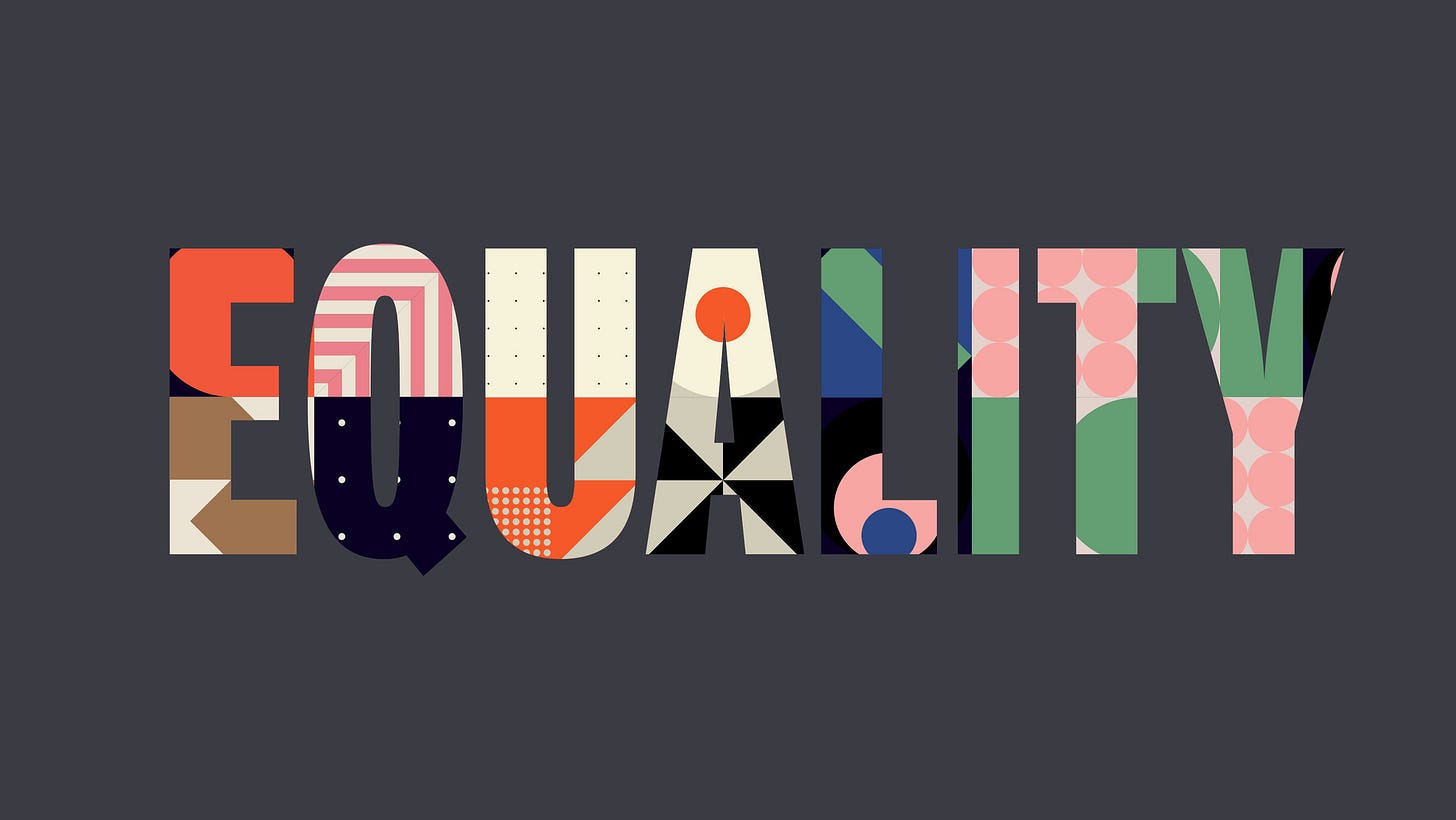Highlights from the MRS Equality Summit
Last week the Market Research Society hosted its second annual Equality Summit. The day highlighted how much work there is to do in the industry towards diversity, equality, and inclusion: from the way research is done to who is doing and leading the research.
But what really shone through is how much work is already going on and the difference it makes. Rather than feeling like a day of pessimism, the overall sentiment was a positive one. ED&I purpose groups, researchers, participants, community leaders, and many others took the stage to talk about the changes that need to happen and how everyone can be a part of the push towards equality.
Here are just a few of the excellent points that were made and shared:
When designing inclusive research:
People need to ask themselves what biases they might have when they start a project? Could your background or experience mean you have blind spots? How does your culture impact your worldview?
Language can be a barrier to inclusion. Researchers often desire to “sound smart” or use sector-specific language that can be intimidating or unwelcoming. True genius lies in making complex ideas sound simple.
People aren’t necessarily hard to reach; you just haven’t engaged with them yet.
Measure inclusion, not just representation:
Yes, more women are at the table, but are their mics on? This is particularly the case with women of colour, who are routinely locked out of decision-making.
Inclusion means listening.
Disability is a characteristic, not a definition:
People are pouring money into brand communications and ad content, but one survey found that 63% of people with disabilities said they can’t access these because of accessibility barriers (always, often, or sometimes).
84% said they did not feel advertising represents disabled people sufficiently.
Christine Hemphill, Managing Director of Open Inclusion, who shared these findings, added that to make real change, researchers have to show up with humility and realize that inclusion needs “progress, not perfection.”
A diverse workplace is the first place to start, she added.
The Allyship Gap:
67% of people consider themselves to be allies, but only a third have ever spoken up when they’ve seen discrimination.
Hakeem S. Allen, Founder of The Anti-Racist Social Club, and Tom Holliss, Chief People Officer of Zappi, explained in their presentation that allyship begins with connection. There are lived experiences that aren't even thought about.
Allyship requires learning but also unlearning: educate yourself and have the courage to advocate for those who have less privilege.
If there was one important takeaway, it was that responsibility for inclusion lies with everyone. It’s always a journey, but you can’t know where you are until you start, have the conversations, feel uncomfortable, and move forward.




